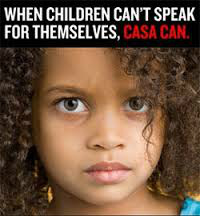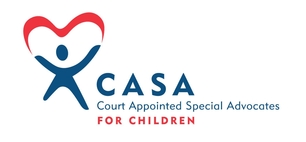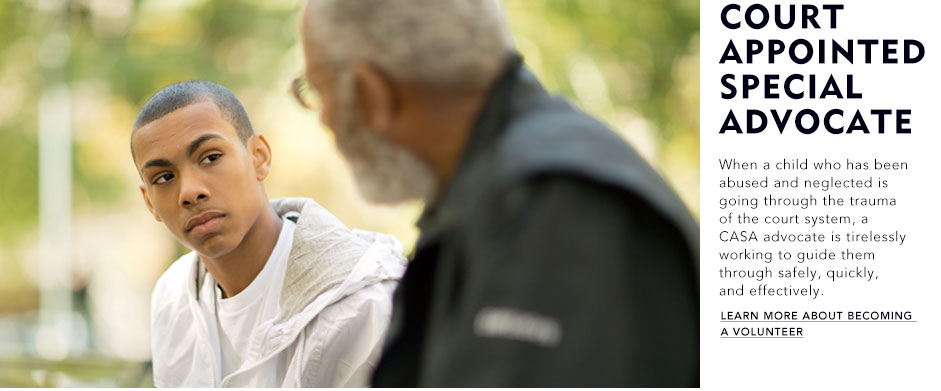
Sonya had been in foster care since just before her second birthday. On her eighteenth birthday – 16 years and more than 27 foster placements later – she stood in front of the family court judge expecting to be released. Tired of social workers and others telling her what to do, Sonya was eager to begin living life on her own terms.
Admittedly, though, if the judge released her that day she would have nowhere to go nor any way to provide for her basic needs. She wasn’t attending school regularly and didn’t have enough credits to graduate with her class at the end of the year. The judge told her that he wanted her to stay in foster care a while longer so that she could get additional help completing her education, securing employment and getting her life in order. She left the courtroom in a huff saying that no one could help her – that she’d already been in every type of placement Missouri could offer.
Rather than ride back to her foster home with her case manager, Sonya made a mad dash for the Metro bus and hopped on the first one she could. No one heard from her for the next six months.As parents, we must meet our children’s basic needs – safety, food, shelter and clothing – while nurturing them and providing guidance and encouragement to develop the life skills they need to reach their full potential and become productive, responsible adults. Each of us can recall our own teenage years, which were likely marked with over-confidence, defiance and rash, irresponsible decisions. This is normal for adolescence.
For youth in foster care, this tumultuous time is exacerbated by instability and the lack of a family and permanent home. Without the unconditional love and support of a family and the guidance of a caring and consistent adult, these behaviors can have more severe consequences and may impact youth for the rest of their lives.National research reveals youth who grow up in foster care are less likely to graduate from high school. They also have increased rates of substance use, teen births, homelessness, unemployment, and contact with the criminal justice system.
The detrimental effects impact not only the child, but our community as well. In May 2013, the Jim Casey Youth Opportunities Initiative issued a study showing there is a significant financial impact on communities – more than $300,000 in social costs like incarceration, welfare, and lost wages. Older youth like Sonya need and deserve someone focused on helping them, motivating them and believing in them. Each of us can help improve the foster care experience for our older youth to set them on the path to a successful future after foster care.
Lift your voice on behalf of older youth in foster care – contact Voices at 314-615-4594.Cheryl Latham is CASA program director with Voices for Children.



 RSS Feed
RSS Feed
